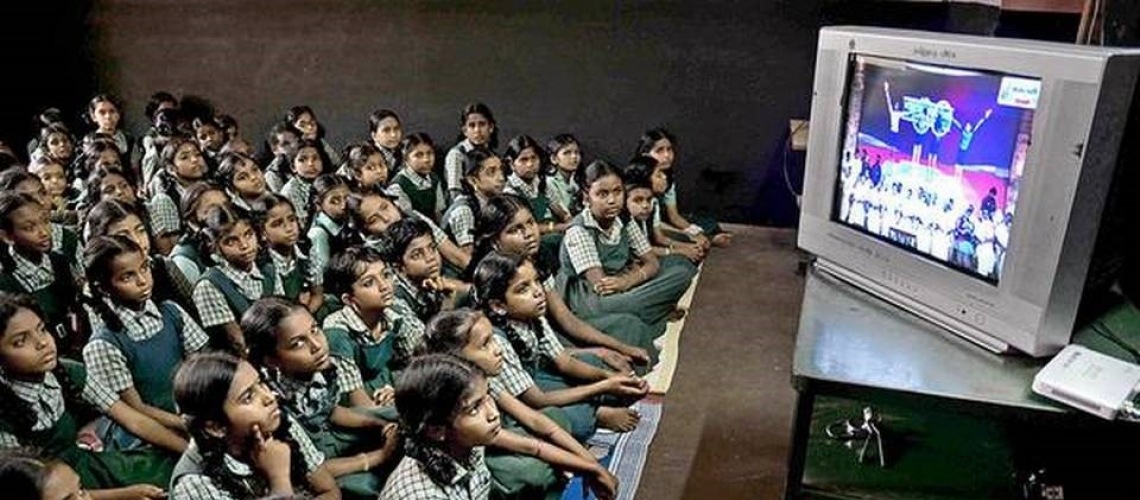RIO DE JANEIRO, BRAZIL – A contribution on linguistic diversity, aired on state educational television, has triggered a wave of outrage among conservatives and revived debates that were thought to have been overcome long ago.
The 16-year-old TV documentary, which was again aired on state educational television during the Covid-19 lockdown, seems to only treat a matter of common knowledge: In Peru there are different spoken variations of Spanish, influenced by the country’s cultural and linguistic diversity.
Peruvians from various regions of the country have their say in this article, each presenting their own accents and idioms. They also report on experiences where they have been discriminated against because of the way they speak.

But even this simple depiction of different living realities was enough to provoke the political right: In reference to the name of the educational program “Aprendo en casa” (I learn at home), journalist Jaime Althaus published his weekly column under the controversial title “Aprendo comunismo en casa” (I learn communism at home).
The conservative tabloid Perú 21 headlined: “The Ministry of Education never learns: ‘Aprendo en casa’ spreads confusing and ideological content”. Its chief editor Cecilia Valenzuela tweeted that the Ministry “has been infiltrated for years: by those who want to cleanse the image of terrorists and plant Marxist ideologies in students”.
Without naming them, she is referring to the Maoist “Shining Path” and other guerrilla groups that were involved in a civil warlike conflict with Peru in the 1980s and 1990s, which claimed 70,000 lives.
Linguist Virginia Zavala Cisneros criticizes this “killer argument of terrorism”, which is used in Peru to discredit any critical thinking: “We linguists know that behind passionate debates about language there is always a hidden political agenda”.
Rather than feigning false national harmony, social injustices and power relations must be admitted. “Power dynamics legitimize discrimination and language replicates these differentiations in its daily use.”
Poet and author Jaime Rodríguez is also concerned about how long-established realities are now being questioned again. In the Spanish edition of the Washington Post, he reports on his grandparents’ experience of not passing on their native Quechua language to their children for fear of discrimination.
“That there are still social groups in Lima who consider all this to be an exaggeration or, worse still, ideological indoctrination, exposes the abysmal gaps that divide the social classes in this country”.

